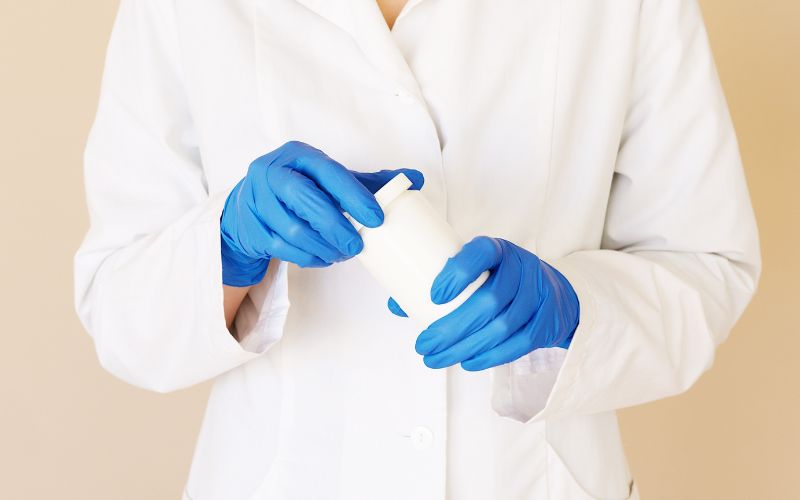
Overview of the HACCP System
Hazard Analysis Critical Control Point (HACCP) is a system that identifies, evaluates, and controls food safety hazards. This system was developed by the pharmaceutical industry to help ensure that food products are safe for consumption. The HACCP system is a preventative approach to food safety, as it focuses on preventing food safety hazards rather than responding after they have occurred. Let’s take a closer look at what the HACCP system entails.
The Seven Principles of HACCP
The HACCP system is based on seven principles that must be followed in order to ensure the safety of food products. These principles are:
- Conduct a hazard analysis– An analysis of potential biological, chemical, and physical hazards must be conducted in order to determine which ones pose the greatest risk to consumers.
- Establish critical control points– After the potential hazards have been identified, critical control points must be established in order to prevent or reduce those risks.
- Establish critical limits– Critical limits must be set for each critical control point in order to ensure that any potential risks are prevented or reduced.
- Monitor critical control points– Monitoring is necessary in order to make sure that the critical limits are being met and that any potential risks are being addressed.
- Take corrective action– If any potential risks are detected, then corrective action must be taken in order to address them before they can cause any harm to consumers.
- Establish verification procedures– Verification procedures must be established so that all aspects of the HACCP system can be monitored on an ongoing basis and any potential issues can be quickly addressed before they become a problem for consumers or businesses alike.
- Establish record-keeping systems– Record-keeping systems must also be established so that all aspects of the HACCP system can be tracked and monitored over time in order to ensure its effectiveness and compliance with regulations and standards set forth by governing bodies such as FDA or USDA guidelines.
The HACCP system is an important tool for ensuring food safety throughout the pharmaceutical industry, from farms all the way through processing facilities and retail stores where products end up on shelves for consumers’ purchase consideration. By following these seven principles outlined above, companies within this industry can protect their customers from potentially harmful contaminants while also protecting their own reputations from negative publicity due to product recalls or other such issues caused by poor practices related to food safety regulations compliance failures.



